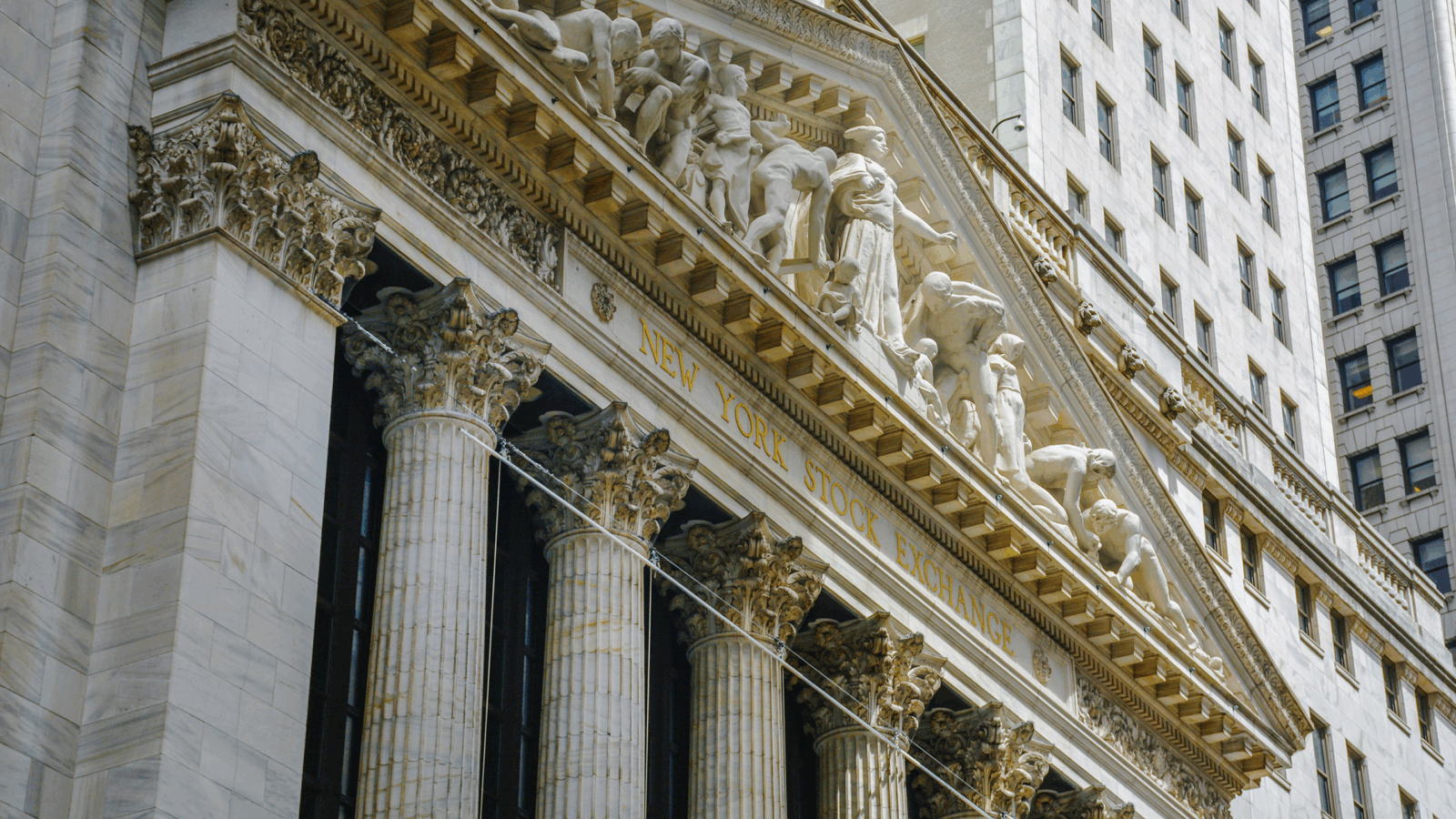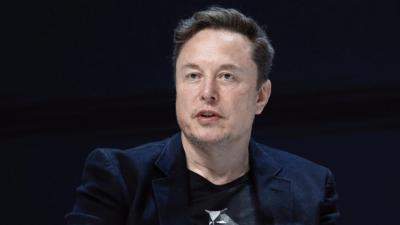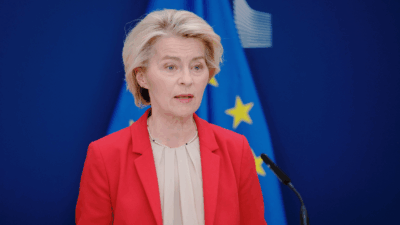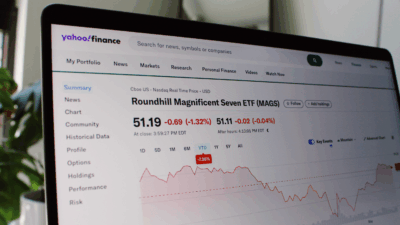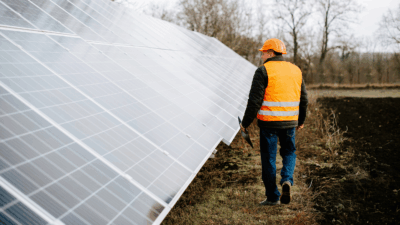EU Plans Crackdown on Social-Media Misinformation as June Elections Loom
Ahead of the EU Parliament elections, the bloc is looking to hold Big Tech accountable for the spread of fake news.
Sign up for smart news, insights, and analysis on the biggest financial stories of the day.
Fake news is going to cost Big Tech in Europe.
The European Union expects to roll out new guidelines that will require major online platforms to moderate misinformation regarding elections or risk getting fined.
I Read It on the Internet
You may have been scrolling through social media during the runup to the 2016 US presidential election only to stumble upon news stories with odd headlines like “Pope Francis shocks world, endorses Donald Trump for president.” And they always came from sources with seemingly legitimate names like “The Boston Tribune” or “The Denver Guardian.” In reality, these were fake news sites, and voters and lawmakers alike quickly feared that the spread of misinformation via online platforms like TikTok, Facebook, YouTube, and Twitter (now X) could manipulate the masses and influence elections.
The West’s biggest concern is Russia, which has multiple entities, including the Social Design Agency and Structura National Technologies, that are accused by Western governments of leading fake news campaigns during elections throughout the entire world — and in its war against Ukraine. And now, advancements in artificial intelligence and deep fakes — videos that look real but aren’t — can potentially allow fake news to spread faster and appear more convincing.
With the EU’s parliamentary elections coming up in June, the bloc aims to keep out as much fake news as possible. While combating the Kremlin directly is a rather large task, taking on Big Tech, on the other hand, is slightly less Herculean… but only slightly:
- Companies like Snap, Meta, and Google have teams and policies to moderate the spread of misinformation on their platforms, but the EU — which imposed the Digital Services Act last summer as a way to oversee Big Tech companies online — believes self-regulation just won’t cut it anymore.
- As soon as next week, the European Commission is expected to pass new rules that will allow it to penalize any platform that fails to address AI-powered disinformation or deep fakes with fines of up to 6% of its global net sales.
Is Time Up for TikTok? In that other Big Tech smackdown across the pond, US lawmakers aren’t looking to merely rein in TikTok — they’re looking to either get it entirely out of the hands of parent company ByteDance, which has been accused of feeding American user data to the Chinese government, or ban it outright. Last year, Washington banned federal employees from accessing the platform on government devices and most states followed that lead. A public ban seemed unlikely but could now be right around the corner with Republicans and Democrats in lockstep. Trump, known for his “tough on China” stance, once strongly supported a TikTok ban but has since flip-flopped. And even though President Joe Biden said he would sign a bill banning TikTok if it reached his desk, his campaign made its own account on the platform just last month. Word of advice, Mr. President: Don’t try the Nyquil chicken challenge. It never ends well.

